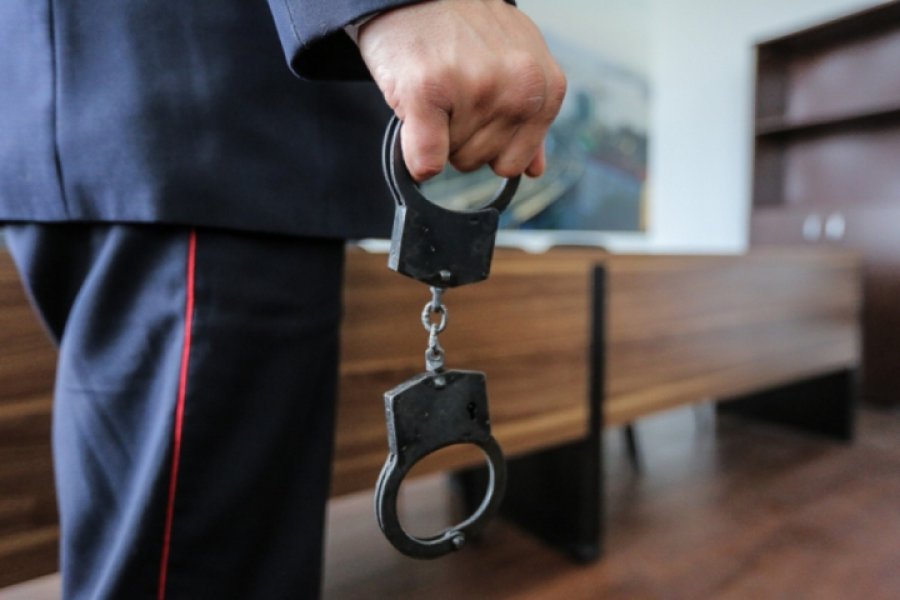For more than a century, Russia has been described as a country with an unpredictable past. The authorities Soviet and now post-Soviet keep changing the national narrative, and those who study the past and fail to keep up with the twists and turns in the Kremlin line risk repressive actions of various kinds.
Yesterday, the Agora rights organization published a report on the dangers Russian historians increasingly face. The group’s leader, Pavel Chikov, said
that the most dangerous subject for historical research is World War II and the role of the USSR in it, given how central that is to Kremlin officials.
And that is just one of the ways, the report, Russia Against History, says
, historians were punished.
The government also engaged in 41 acts of censorship on historical issues, seven efforts to revise the work of scholars, numerous acts of obstruction of access to archives, and routine prohibition of the use of materials the scholars found in government repositories.
The situation has gotten worse over the last six years, the Agora experts say.
The authors of the main Agora
report say that in recent years, the Russian authorities have increased their efforts to impose a single conception of Russian history in almost all its periods but especially during World War II and that their main weapon in that regard has been the use of the provisions of the anti-extremist legislation.
Unfortunately, they conclude, “there are no signs that Russian courts, police, prosecutors, and investigators are prepared to consider and apply in practice internationally recognized principles of freedom of historical discourse. And consequently, one should expect the further increase in the number of criminal cases and administrative arrests” of Russian historians.
Read More:
- Top-6 Soviet World War II myths used by Russia today
- Munich and the Molotov-Ribbentrop pact revisited, Part 1: The interwar prelude
- Munich and the Molotov-Ribbentrop pact revisited, Part 2: Hitler’s Anschluss
- Munich and the Molotov-Ribbentrop pact revisited, Part 3: The way to European catastrophe
- Russians far more imperialist now than they were in Soviet times, Cossack historian says
- The Crimean Tatar Palace and other historic sites Russia is destroying in occupied Crimea
- Russia’s ‘special path’ is ‘modernization via catastrophe,’ historian Sergey Medvedev says
- History as a weapon in Russia’s war on Ukraine
- Russia putting historic Crimean landmarks in danger
- Forgotten history: What tour guides at Kyiv-Pechersk Lavra aren’t saying…
- The Ukrainian Revolution of 1917 and why it matters for historians of the Russian revolution(s)





